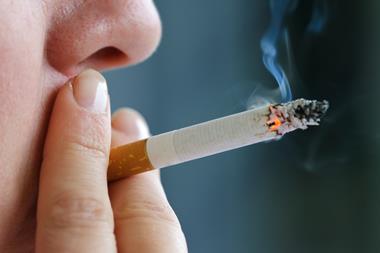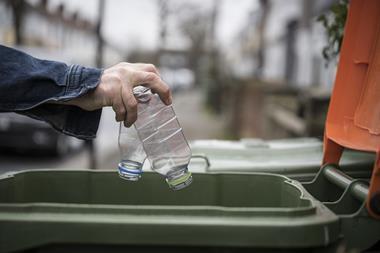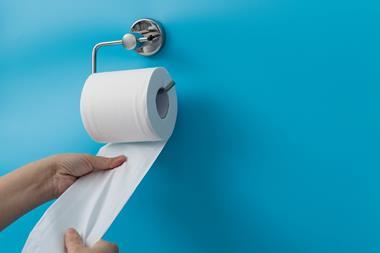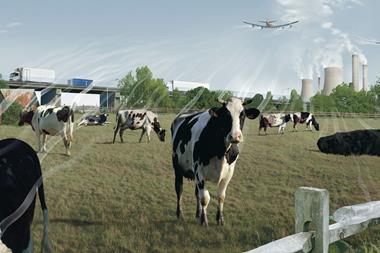
The electronic cigarettes industry has hit back against accusations this week that it produces just as much waste as real tobacco products. It also warned that European legislators were exacerbating the potential for environmental damage.
Sector representatives spoke out after national waste company BusinessWaste.co.uk said it had documented a steep increase in vaping-related products being sent to landfill because of e-cigs’ growing popularity.
Mark Hall, spokesman for BusinessWaste.co.uk, said e-cigarette refuse was mainly plastics and batteries. Users did not know how to recycle their vaping waste, so it was “slipping through the net” and ending up in general waste destined for landfill.
People who decided vaping was not for them after trying it had also led to thousands of nearly-new e-cigs being thrown out, Hall argued.
The vaping industry played down the landfill problem but pointed the finger at European legislators. Brett Horth, MD of Vapouriz, said Article 20 of the Tobacco Products Directive, scheduled to take effect next May, stated that no containers greater than 10ml would be allowed to be sold.
The Commission has made this stipulation to cut the risk of accidental poisoning. Horth said it took more plastic to create three 10ml refill bottles than it did to create the popular 30ml bottles.
Electronic Cigarette Industry Trade Association (ECITA) spokeswoman Vicky Grant claimed the trade group’s warnings to the EC about the size restriction “fell very much on deaf ears”.
Hall agreed the directive would mean “more plastic being wasted, and more potentially dangerous chemicals ending up in landfill”.
It would take more plastic, resources, packaging and energy to produce, transport and market these new products, “all because of back-of-a-fag-packet regulation from a regulatory body that lacks expertise,” he said.
Tom Pruen, chief scientific officer of ECITA said e-cigs, covered by the Waste Electrical and Electronic Equipment regulations, were required to be supplied with a recycling mark - a crossed-out wheelie bin.
“If they are ending up in landfill, this would seem to imply a lack of understanding on the part of consumers about what the symbol and associated instructions mean,” he said.
Pruen added that the Restriction of the Use of Certain Hazardous Substances in Electrical and Electronic Equipment Directive also placed strict limits on the use of potentially hazardous substances, while separate legislation placed similar limits on batteries.















No comments yet